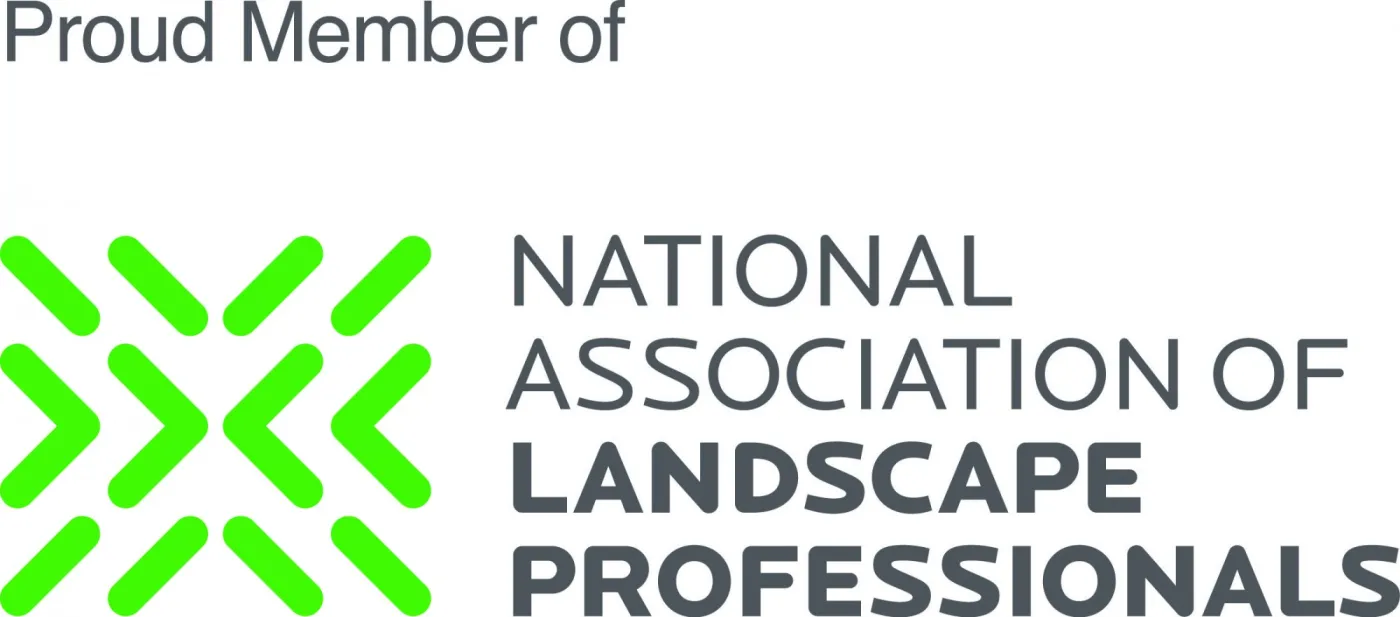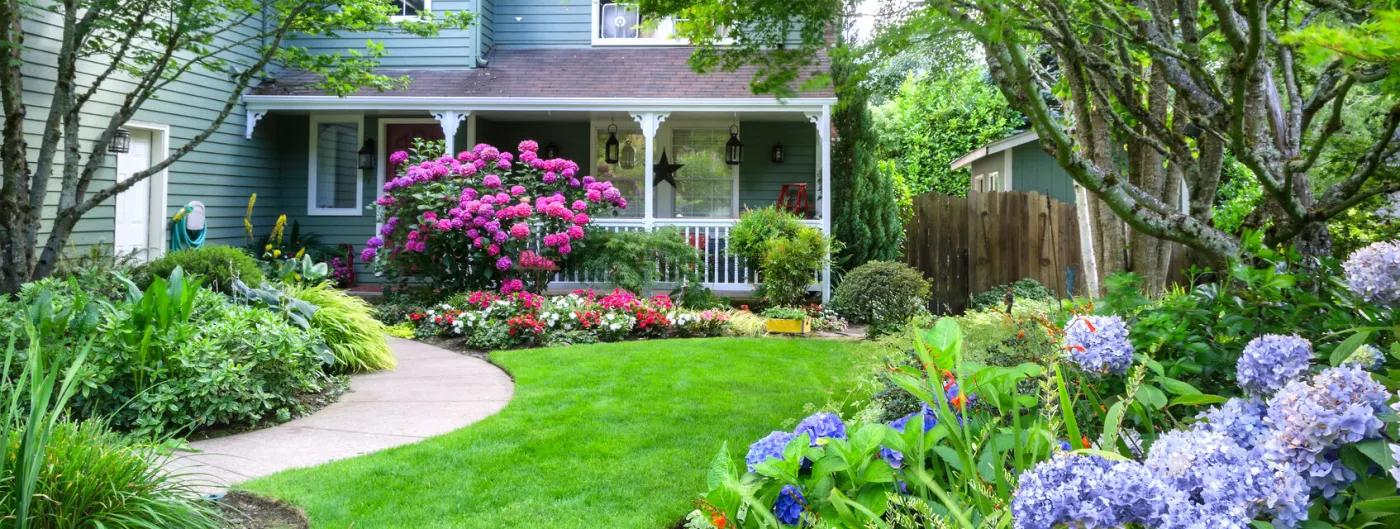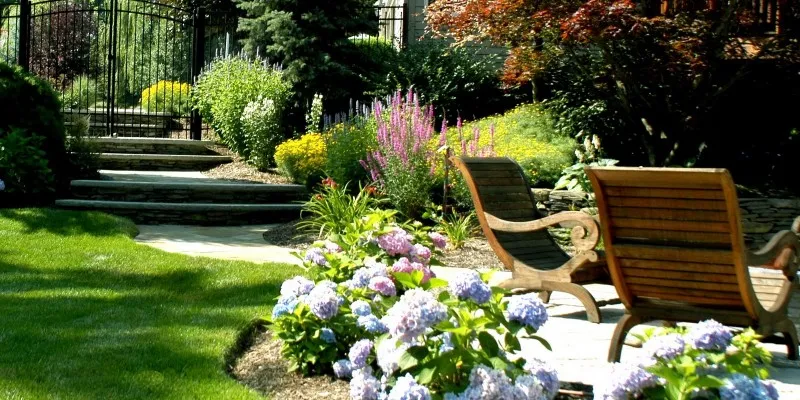Maybe you have a landscape, artificial turf, or paver patio project that's bigger than you can handle, and you want to contact a professional. But, how do you know who to call - do you need a Landscape Architect? or a Landscape Designer? and, what is the difference between landscape architects and landscape designers? Apparently, more than you may realize.
Landscape Architects
To legally call yourself a landscape architect, you must have a bachelor's and/or master's degree in landscape architecture from a university and be licensed by the state of Florida in order to design and work on landscape projects. A good and reputable landscape architect has experience or has the training to work with challenging issues in both commercial and large residential sites, including:
- Steep slopes
- Large Retaining walls
- Expansive Irrigation and drainage systems
- Designing outdoor structures
- Solving elevation problems
- Designing or giving advice on where to place service lines, entries, driveways, and parking areas.
Licensed landscape architects plan and design public outdoor spaces, such as parks, campuses, gardens, cemeteries, commercial centers, resorts, transportation facilities, and waterfront developments. They also design and plan the restoration of natural places disturbed by humans such as wetlands, stream corridors, mined areas, and forested land. An education in and respect for historic landscapes and cultural resources allows landscape architects to work on preservation planning projects for national, state, and local historic outdoor sites and areas.
Although not always the case, Landscape Architects generally work on projects with $25k budgets or more, because their costs quickly get above 15% of the project and higher below that amount, so the math doesn't add up. For example, you wouldn't pay a Landscape Architect $2k to design a project where the budget is only $10k, especially if a Landscape Designer at the Landscape Contractor's firm can work up the design at no extra charge in the proposal if they complete the project. In that case, instead of only having $8k left to spend on the project, the homeowner still has the full budget to invest in the project.
Landscape Designers
The primary distinction between landscape architects and landscape designers is that designers usually work on smaller projects, whereas architects usually work on larger ones. While some landscape designers may have training equivalent to a landscape architect―especially if they have an undergraduate-or-higher degree in landscape design ―they do not have the state license, which is a requirement. They typically actually have more landscape plant and horticulutre knowledge than an architect, due to their work in the field.
Some landscape designers are self-taught, but most have taken courses at a college, university, through an extension or certificate program, or online. In other words, you can't suddenly wake up one day and just decide to call yourself a landscape designer.
Most Gainesville landscape designers work with primarily the soft stuff―plants, sod, mulch. Many landscape or garden designers may have experience with hardscape - such as paver patios, walkways, and firepits. Also, many of the area's landscape designers work as the chief designer for the landscape contracting company they are employed by or own.
When you consult a landscape designer, you will have a discussion or interview about the project. Usually, the designer will show up at your home, look at the yard, take photos, and ask about preferences in plants, maintenance, budget, etc. The designer will then create a plan view drawing and plant list. Depending on how the designer works, he/she might visit make suggestions or help you shop for materials and furnishings, and do actual plant placement. From there, he/she will make suggestions for scheduling the project in the correct season.
The group, the Florida Nursery Growers and Landscape Association (FNGLA), is the agency that has the most local Landscape Architects and Designers for the State of Florida as members. Also, there is the Natioanl Association of Landscape Professionals. These groups encourage that members adhere to a code of professional standards, actively participate in continuing education, and stay current with state-of-the-art developments and trends in the landscape industry. A certification program is offered to members and is based on built or completed projects that provide professional recognition to designers who can pass a peer review program. Through its website, the FNGLA offers you access to local landscape and nursery professionals. The NALP website does the same.





